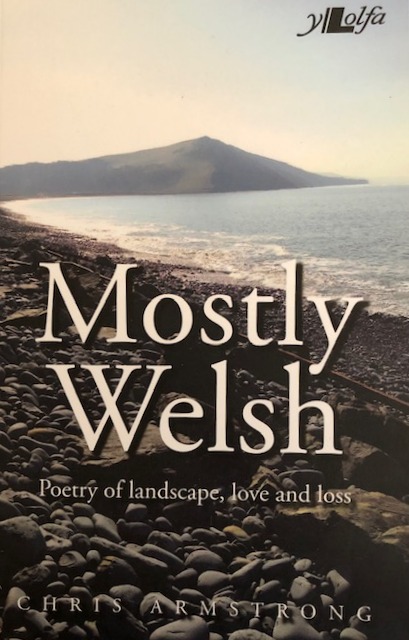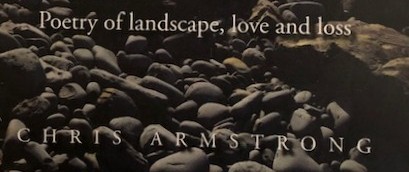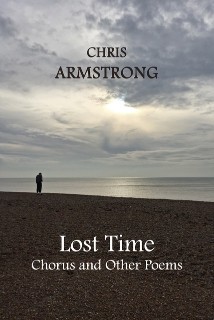Description
Mostly Welsh is a collection of poems rooted in the Anglo-Welsh tradition, offering something for everyone as they read of the landscapes where the poet lives in rural mid-Wales and also of his life. But the strength of the volume lies in its series of powerful poems dealing with love – in all its varied guises – and loss, time and memory, and emotion.









Chris –
This is an interesting and heartfelt book written by a poet unknown to me until now. The book is accurately described as ‘poems of landscape, love and loss’. But Armstrong is not just locked in nostalgia. The poems travel a long way and are rooted in the Anglo-Welsh tradition where landscapes can be inter-woven with the self. Armstrong speaks from humanity: our place and our emotions are both based in the soil/soul of the land. He never strays into the sentimental but the language is fierce, simple and practical to convey the deepest of feelings about loss and the love of the Welsh land.
Where sea and sky meet
A green flash from the set sun
Lighting distant shores
[… continues]
This is a strong, intelligent and original book, the words of which penetrate many layers of existence.
Wendy French, LondonGrip, https://londongrip.co.uk/2019/09/london-grip-poetry-review-chris-armstrong/
Chris –
This collection is rightly subtitled Poetry of Landscape, Love and Loss, but the author says of himself that he was ‘always a traveller’ and, in ‘Retrospective’, one of the longer sequences of poems, he describes his own life in terms of the Odyssey… The opening section, ‘Cymric’, is more varied and contains both personal history and his experience of landscape and society. The title poem, ‘Mostly Welsh’, shows his deft handling of form, as does the heartfelt credo, ‘One People’. As a farmer, the lament ‘Wilderness 2001, 2021’ is profoundly despairing, but his response to the landscape itself, its streams and rivers, is more hopeful: ‘Walking, I discover/ a new selfdom within the old, / a sole soul that still rejoices.’
Caroline Clark, Gwales, https://www.gwales.com/bibliographic/?isbn=9781784617189